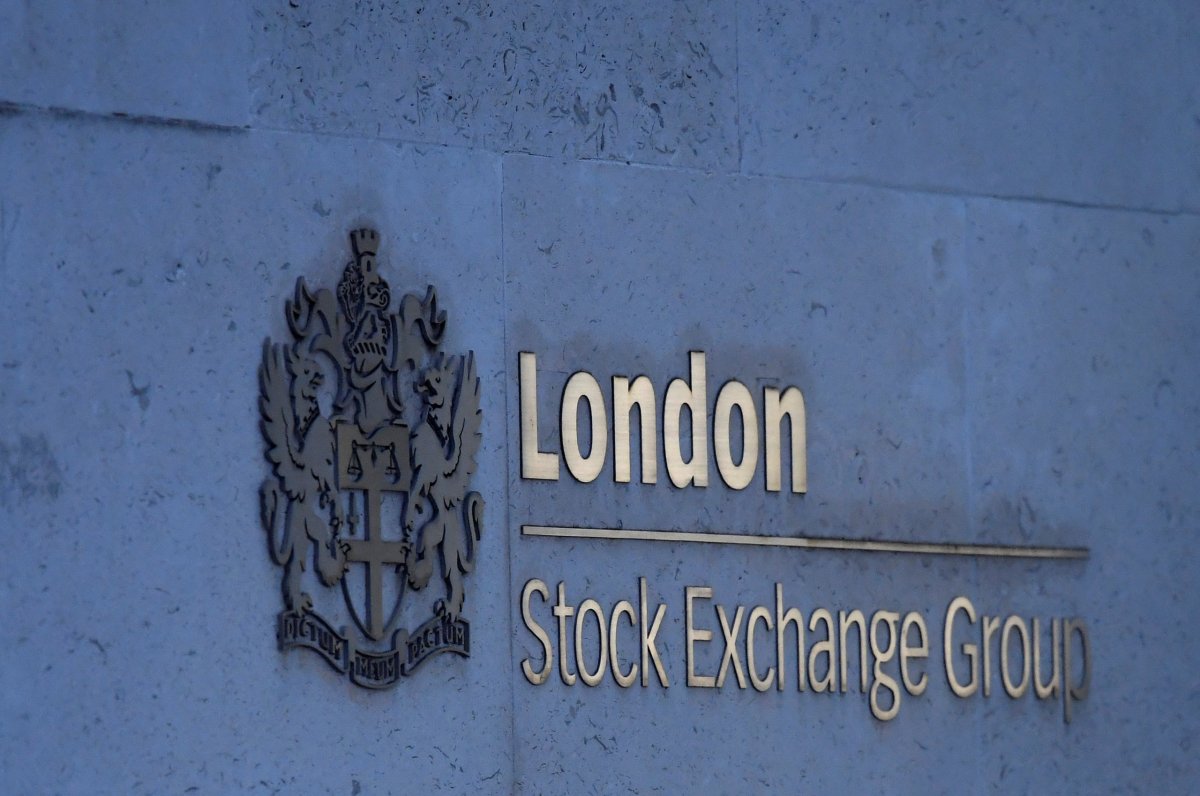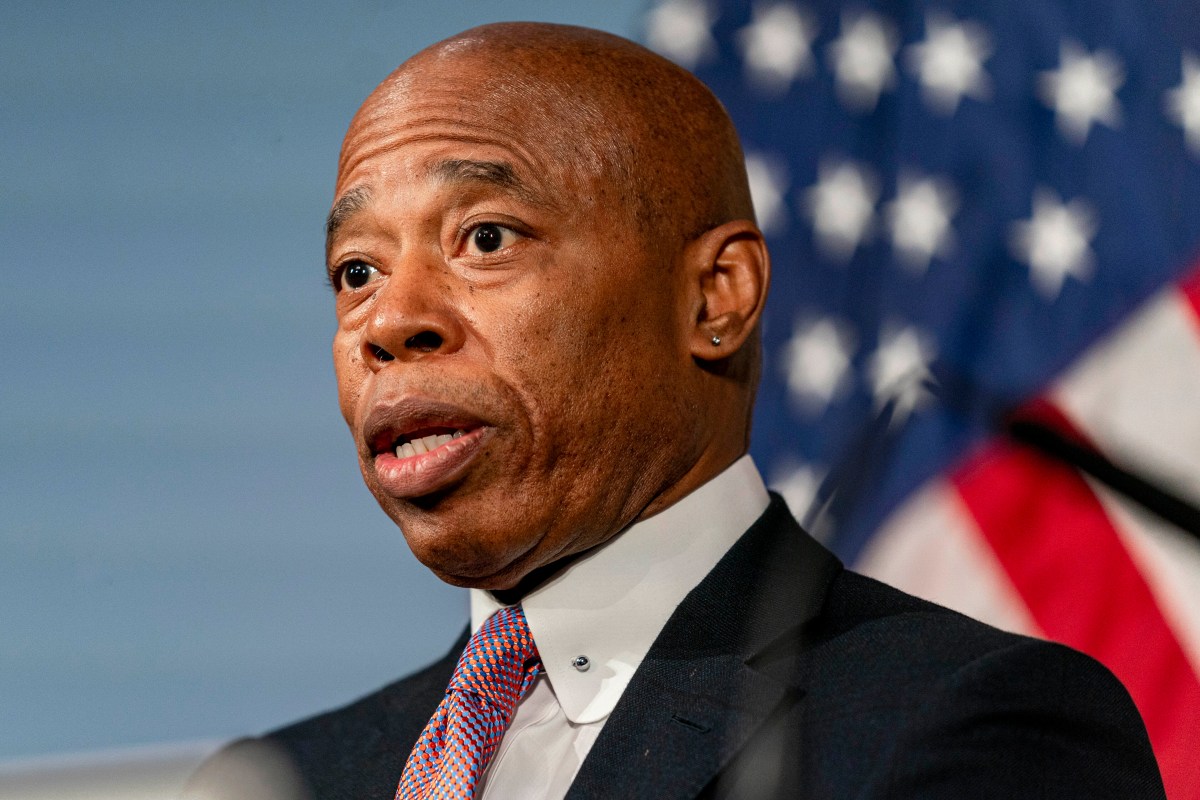By Karin Strohecker
LONDON (Reuters) – World stocks edged higher on Friday and oil prices bounced after comments by President Donald Trump encouraged hopes of progress in U.S.-China trade talks while British Prime Minister Theresa May’s resignation briefly sent sterling fluctuating wildly.
Persisting concerns over the health of the world economy linked to trade tensions have hit global markets this week, with the MSCI All Country index in line for a more than 1% fall in its third week in the red. That will mark its longest losing streak since a rout in December.
The index gained 0.2% on Friday following the overnight comments from Trump, who said issues with China’s Huawei Technologies Co Ltd might be resolved within the framework of a broader trade deal. However, no high-level talks have been scheduled and Trump also labeled the telecommunications company “very dangerous”.
With flight-to-safety plays remaining dominant, Asian bourses were torn between fears of a more protracted U.S.-China trade war and hopes the world’s two largest economies would reach a deal soon.
China mainland blue chips and Hong Kong stocks climbed around 0.3% while Japan’s Nikkei fell 0.2%.[.SS]
European stock markets were more upbeat. The pan-regional Euro Stoxx 600 index, Germany’s DAX, France’s CAC and Britain’s FTSE 100 all rose around 0.8 percent. [.EU] [.L]
“It might be a step too far that there is optimism over a trade deal but there may be a little more optimism over the way talks are going,” Investec chief economist Philip Shaw said.
Wall Street also looked in line for a reprieve after major indexes tumbled more than 1% on Thursday as dire economic data exacerbated trade war fears[.N]. S&P 500 e-minis pointed to a 0.6% rise at the open.
With safe-haven assets in demand, the benchmark 10-year U.S. Treasury note yield hit 2.292% overnight, the lowest level since mid-October 2017. The yield last stood at 2.3220%.
“Fixed income safe-haven sovereign markets are the asset of choice at the moment, and although we had a recovery in European stock markets this morning, there has not been much of a retracement at all in (German) bunds or (British) gilts,” Shaw said.
Key parts of the U.S. yield curve were inverted, flashing another warning sign about the health of the world’s biggest economy.
U.S. manufacturing growth sputtered in May, data showed on Thursday, measuring its weakest pace of activity in nearly a decade, while new orders fell for the first time since August 2009.
“The fear now is that the economic recovery from the poor second half of 2018 may be dying before it even emerges,” said Peter Schaffrik, global macro strategist at RBC Capital Markets.
Washington last week effectively banned U.S. firms from doing business with Huawei, the world’s largest networking gear maker, citing national security concerns.
The U.S. Commerce Department said on Thursday it was proposing a new rule to impose anti-subsidy duties on products from countries that undervalue their currencies, in another move that could penalize Chinese products.
China’s Foreign Ministry on Friday denounced Washington’s comments on Huawei.
MAY PREMIERSHIP ENDS IN JUNE
In Britain, May announcing her resignation send the pound on a rollercoaster ride. It popped up nearly half a percent against the dollar after the announcement but the gains were short lived and it subsequently traded back at $1.2672, and not far off the day’s lows versus the euro.
May is likely to be succeeded by a Eurosceptic leader, potentially increasing chances of a no-deal Brexit.
On Thursday, the pound had suffered its 14th consecutive day of losses against the euro, its longest losing streak on record.
Elsewhere on currency markets, the dollar index that measures it against six major rivals had hit a high of 98.371 on Thursday U.S. time. It was last quoted a touch weaker at 97.814.
The euro, which on Thursday slumped to levels last seen in May 2017 as a recovery in euro zone business activity was weaker than expected, traded at $1.1182 on Friday.
Other major currencies were relatively calm. The dollar was holding at 109.59 yen, flat on the day.
Oil prices gained amid OPEC supply cuts and tensions in the Middle East. Crude futures tumbled on Thursday as trade tensions dampened the demand outlook, with the benchmarks posting their biggest daily falls in six months.[O/R]
U.S. crude was at $58.7 a barrel, up 1.4%, after Thursday’s 5.7% fall that took it to the lowest in two months. Brent crude futures rebounded 1.3% to $68.65 per barrel, after falling 4.6% in the previous session.
(Reporting by Karin Strohecker, additional reporting by Dhara Ranasinghe, Tomo Uetake and Noah Sin, editing by John Stonestreet)



















